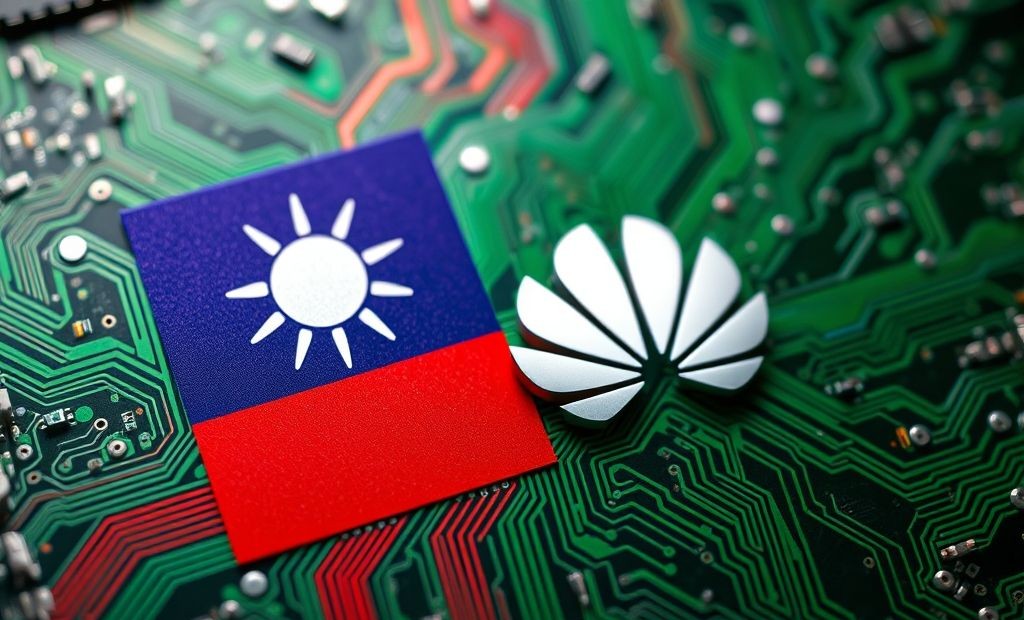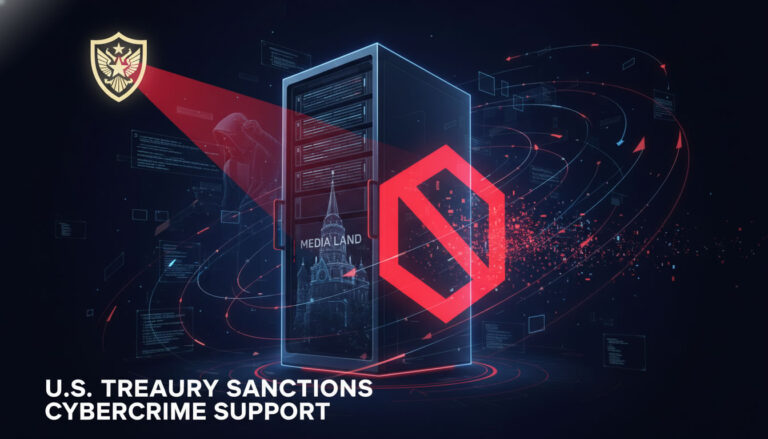Taiwan Tightens Export Rules on Huawei & SMIC

Taiwan’s New Export Controls Impact Huawei and SMIC Taiwan has implemented stricter export controls targeting Huawei and SMIC, two major players in the global technology...
⏱️ Estimated reading time: 2 min
Latest News
Taiwan’s New Export Controls Impact Huawei and SMIC
Taiwan has implemented stricter export controls targeting Huawei and SMIC, two major players in the global technology landscape. This move aims to align with international efforts to regulate the flow of advanced technologies.
What’s Changing?
The new regulations focus on controlling the export of specific technologies and components. These controls are likely to affect Huawei’s access to advanced semiconductors and related technologies. Similarly, SMIC, a leading Chinese semiconductor manufacturer, will face challenges in acquiring certain equipment and materials.
Why Now?
Several factors contribute to Taiwan’s decision:
- Geopolitical Pressures: Heightened tensions and international collaborations are pushing for more stringent controls on technology transfers.
- National Security: The Taiwanese government prioritizes protecting its technological advantage and preventing sensitive technologies from falling into the wrong hands.
- Alignment with Allies: Taiwan aims to align its export policies with those of its allies, including the United States and other countries.
Impact on Huawei
Huawei, a telecommunications giant, has faced increasing scrutiny and restrictions in recent years. The export controls from Taiwan are expected to further limit Huawei’s ability to source advanced components for its products. The company has been actively seeking alternative suppliers to mitigate the impact. You can follow more about Huawei’s global impact and strategies on sites like Huawei’s official website.
Impact on SMIC
SMIC plays a crucial role in China’s semiconductor industry. The export restrictions will likely slow down SMIC’s technological advancements and expansion plans. SMIC has been investing heavily in domestic production capabilities to reduce its reliance on foreign technologies. You can check out SMIC’s official website for the latest updates on their operations and technology development.
Broader Implications
Taiwan’s export controls have broader implications for the global technology supply chain. These restrictions can lead to:
- Supply Chain Disruptions: Companies that rely on Taiwanese components may experience disruptions.
- Increased Costs: Alternative sourcing and production adjustments can drive up costs.
- Technological Competition: The export controls may intensify competition among technology companies as they seek alternative solutions and suppliers.
These export controls reflect the increasing complexity of the global technology landscape. As governments worldwide prioritize national security and technological competitiveness, companies must adapt to the evolving regulatory environment.
Related Posts
Bluesky Enhances Moderation for Transparency, Better Tracking
Bluesky Updates Moderation Policies for Enhanced Transparency Bluesky, the decentralized social network aiming to compete...
December 11, 2025

Google Maps: Gemini Tips, EV Charger Predictions & More!
Google Maps Gets Smarter: Gemini Tips & EV Updates Google Maps is enhancing user experience...
December 9, 2025

US, UK, Australia Sanction Russian Web Host
Crackdown on Russian ‘Bulletproof’ Web Host The United States, United Kingdom, and Australia have jointly...
December 6, 2025











Leave a Reply